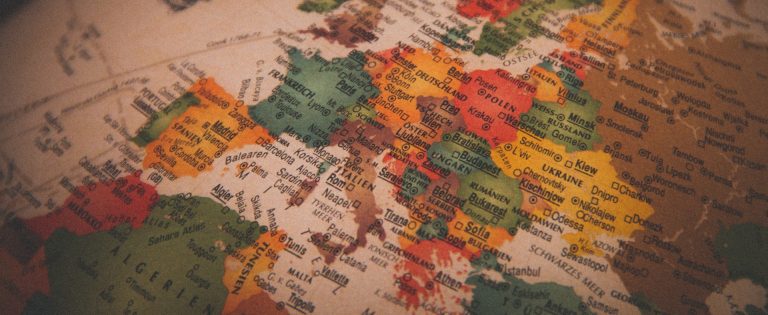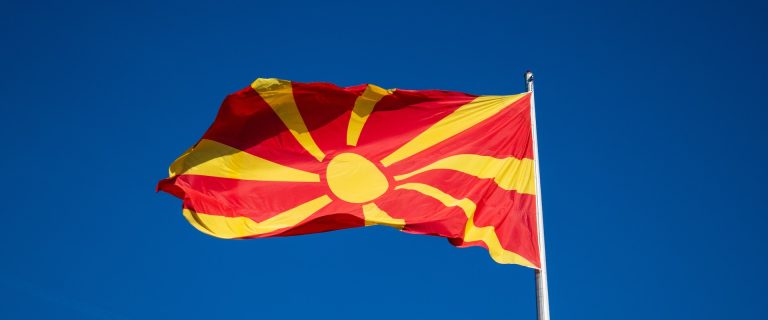Languages in North Macedonia
North Macedonia, nestled in the heart of the Balkans, boasts a linguistic landscape as diverse and colorful as its cultural tapestry. The country is home to a mosaic of languages and dialects, each with its unique history and roots. Let’s delve into the linguistic richness of North Macedonia, exploring the origins and characteristics of the languages in North Macedonia.
Macedonian: The Official Language
At the heart of North Macedonia’s linguistic identity lies the official language, Macedonian. Classified as a South Slavic language, Macedonian has deep historical ties to the region. Its roots can be traced back to the Slavic migration to the Balkans in the 6th century. Over time, Macedonian evolved, absorbing influences from Greek, Turkish, and other neighboring languages.
Today, Macedonian is written in the Cyrillic script, a reflection of the country’s historical ties to the Eastern Orthodox Church and Byzantine cultural influence. This language serves as a unifying force among the diverse ethnic groups within the country, fostering a sense of national identity.
Macedonian’s linguistic kinship with Bulgarian, Serbian, and Croatian is apparent, reflecting a shared historical and cultural heritage. The intelligibility between Macedonian and these languages allows for cross-communication and cultural exchange, fostering a sense of interconnectedness within the broader Slavic linguistic family.
One of the most notable linguistic similarities exists between Macedonian and Bulgarian. These two languages share a substantial degree of mutual intelligibility, owing to their common origins. The linguistic ties between Macedonian and Bulgarian are so close that some linguists consider them to be part of a dialect continuum rather than distinct languages. This linguistic affinity highlights the historical interconnectedness of the Balkans and the fluid nature of linguistic borders.
Find out more about the history of the Macedonian language.
Albanian
Albanian, an Indo-European language, holds the status of a recognized minority language in North Macedonia. Concentrated primarily in the western regions of the country, the Albanian-speaking population contributes to the nation’s linguistic landscape. The origins of Albanian are complex, with influences from Illyrian, Latin, and Slavic elements. Its distinctiveness adds a layer of cultural diversity to North Macedonia.
Turkish
Another significant language spoken in North Macedonia is Turkish, a testament to the Ottoman Empire’s historical influence in the region. Turkish communities, particularly in areas like Bitola and Skopje, have preserved their language and cultural heritage for generations. The Turkish spoken in North Macedonia carries nuances influenced by local dialects and historical interactions, reflecting the dynamic nature of language evolution.
Roma
The Roma community in North Macedonia contributes to the linguistic landscape with its rich array of dialects. Roma languages, often referred to as Romani, belong to the Indo-Aryan branch of the Indo-European language family. The Roma dialects spoken in North Macedonia have distinct characteristics, reflecting the unique cultural history and migration patterns of the Roma people in the region.
Other Minority Languages in North Macedonia
Given the historical ties to the former Yugoslavia, Serbian and Bosnian are also present in North Macedonia, particularly in communities with Serbian and Bosniak populations. These languages, along with others spoken by smaller communities, add layers of complexity to the spoken languages in North Macedonia.
Summary of Languages in North Macedonia
In conclusion, the languages of North Macedonia tell a fascinating story of historical connections, cultural exchanges, and diverse communities. From the official Macedonian to the minority languages like Albanian, Turkish, and Roma, each linguistic thread weaves into the intricate fabric of the country’s identity. This linguistic diversity is not just a testament to North Macedonia’s past but a living expression of its vibrant present and future.




